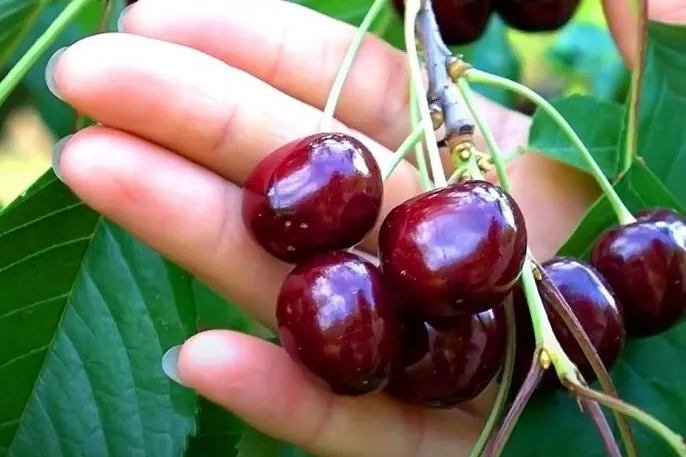It's only a few millimeters in size, but its hunger is vast and it's becoming a plague for fruit growers and winegrowers: the cherry vinegar fly (Drosophila suzukii), introduced from Asia. It was first reported in Austria in 2011. The females infest ripe and healthy red fruits, depositing eggs with their characteristic heavily toothed ovipositors.
The fly's larvae then feed on the fruit's pulp, causing it to rot. According to the Food Safety Agency, it mainly attacks sweet cherries, but also peaches, nectarines, apricots, plums, blueberries, raspberries, blackberries, currants, and strawberries. Due to its short development time and successive generations, it can multiply explosively in orchards.
Previous control measures also harm other insects
"Currently, only a few effective control measures are known, but most of them are slowly biodegradable or are harmful to other insects such as bees," explained APA's Manfred Hartbauer from the University of Graz. His team has developed a biocide against this pest in fruit and wine growing. The biocide attracts cherry vinegar flies with the scent of orange peel, among other things, and simultaneously acts as an insecticide.
Hartbauer explained that he came across the idea of using orange peel "through literature." "In their area of origin, cherry vinegar flies lay eggs in damaged oranges because they feel safe there from their main enemies, parasitic wasps.
The essential oil of citrus acts as a natural insecticide against parasitic wasps," explained Hartbauer. The attractant is a mixture of various orange essential oils and a saline solution. All of this is then placed in a trap filled with very small holes that larger insects, like bees, cannot penetrate.
Laboratory tests have already shown that the biocide attracts cherry vinegar flies away from grapes and kills them, reducing larval infestation by 75%. "We are now about to define the key active substances that will then be submitted for approval.
Field trials will also be crucial in testing the biocide's effectiveness under field conditions. Once the product is ready for the market, orange peels will be obtained from leftover fruit juice production.
The Austrian Research Promotion Agency (FFG) is funding the project with a scholarship for spin-offs, aiming to transform the concept into a marketable product. Hartbauer sees the greatest market potential in organic viticulture, especially in red wine cultivation.
Source: Austria Presse Agentur
Image: Austria Presse Agentur
Cherry Times - All rights reserved










